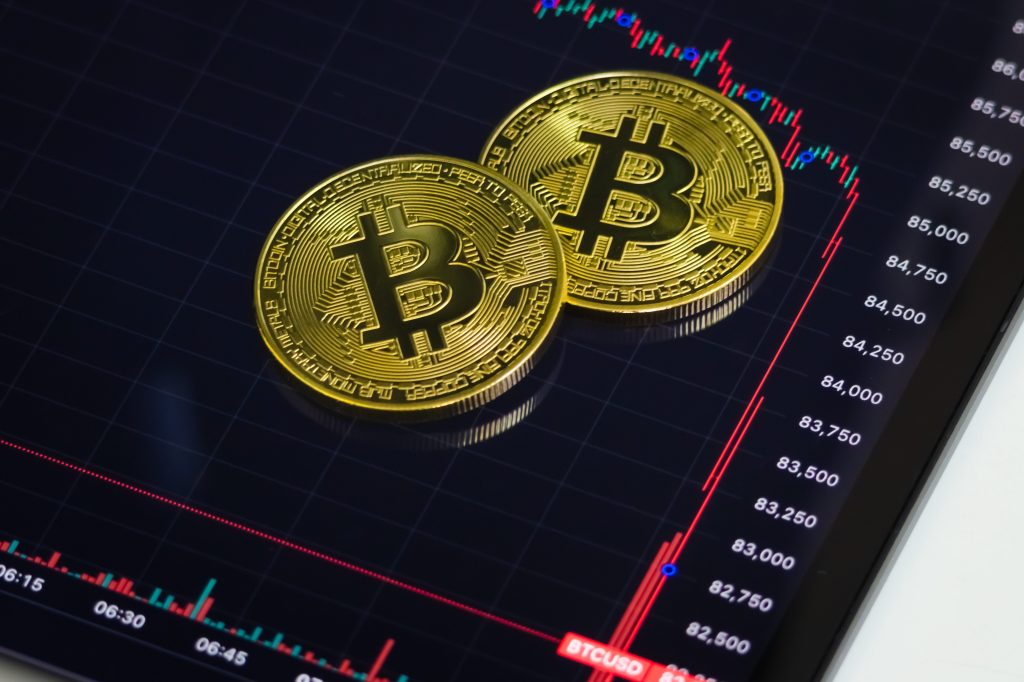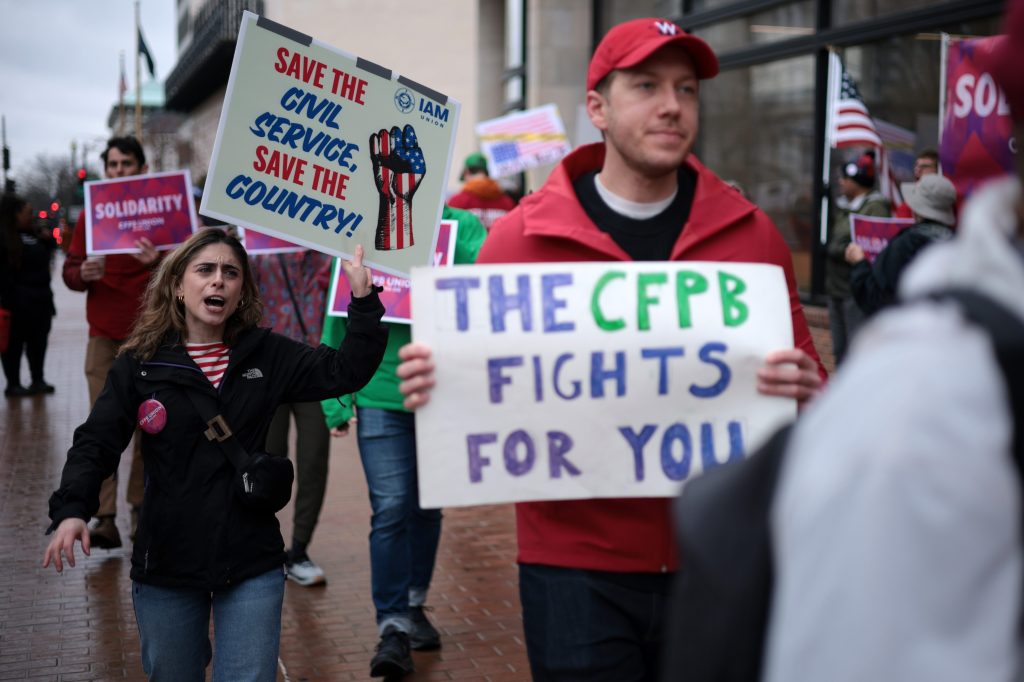The US House of Representatives has voted to scrap two consumer finance rules adopted under former President Joe Biden. Those rules capped bank overdraft fees and gave officials the power to supervise the legal compliance of tech companies’ digital wallets and payment apps.
Similar resolutions have already passed the US
Register for free to keep reading
To continue reading this article and unlock full access to GRIP, register now. You’ll enjoy free access to all content until our subscription service launches in early 2026.
- Unlimited access to industry insights
- Stay on top of key rules and regulatory changes with our Rules Navigator
- Ad-free experience with no distractions
- Regular podcasts from trusted external experts
- Fresh compliance and regulatory content every day












